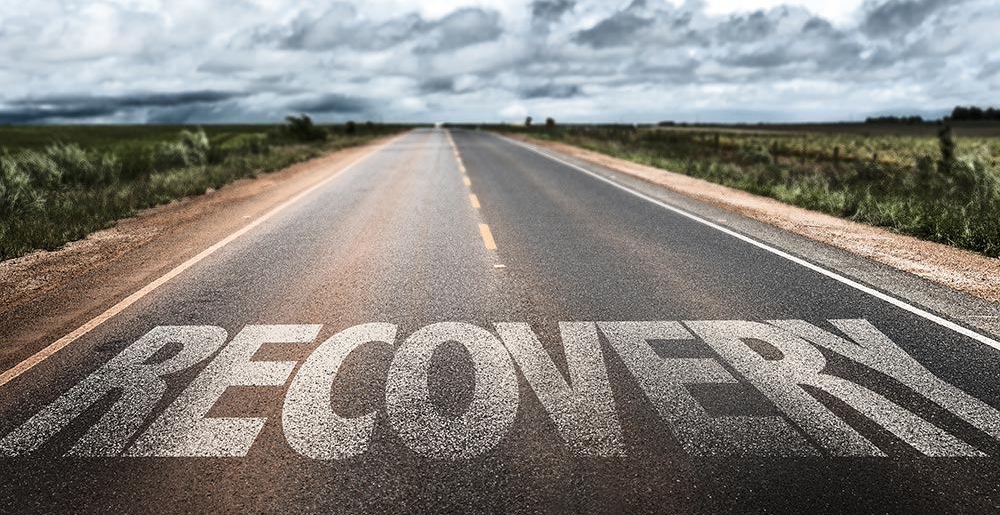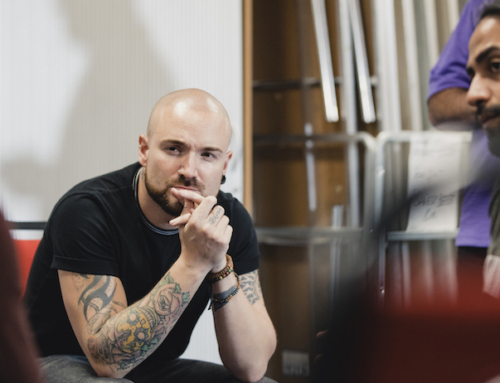Navigating Reentry Clean and Sober

Making the shift from incarceration to the community can pose many challenges. You may find yourself overwhelmed or stressed with new responsibilities, especially if you have a history of substance abuse. Research suggests that drug and alcohol relapse is one of the leading causes of recidivism. Luckily, many free resources exist to manage your sobriety and to receive help from people with similar struggles.
Did you know…
- Two arrests take place for drug possession every minute in the U.S.
- As many as 80% of all offenders were involved in drugs or alcohol before entering prison[1]
- 45% of individuals with alcohol use disorders and 72% of individuals with drug use disorders had at least one co-occurring psychiatric disorder.[2]
- More than half of individuals with a history of addiction relapse within a month of their release
- In 2016, more than 1.5 million people were arrested for a drug-related crime
- Drug overdose deaths rose 4.6% to 70,980, including 50,042 involving opioids[3]
- Alcohol abuse is the third leading cause of preventable death in America accounting for over 95,000 deaths annually[4]
Helpful tips to maintain sobriety
- The real test of your sobriety begins the moment you are free and face the challenges of the outside world. You may have little control over the environment to which you are released, and old people, places, and situations may make it difficult to remain on the path of sobriety. Below we share some tips to help guide your recovery journey. Make a list of people in your life that support your recovery, and try to spend as much time with them as possible.
- Find recovery meetings and support groups in your area and make yourself known.
- Set realistic expectations for yourself to remain hopeful.
- Make time for self-care and activities that support your physical and mental wellness.
- Don’t be afraid to say “no” to something that might be a trigger.
- Try to look at the positives in your life – a daily gratitude list is helpful.
- Read about someone else’s journey – visit our Success Stories page.

You are not alone
Connection with others and sharing resources play a critical role in recovery. Recovery meetings and programs are a great way to learn about your disease and find others in your community facing the same struggles. When you can identify with others and share your story, recovery can become less daunting. In response to COVID-19 and social-distancing protocols, many meetings, nonprofits, and recovery community organizations have moved their resources online. Check out the different groups below that can assist you in your reentry and recovery needs.
- 12-Step Meetings are groups of people, also known as “fellowships”, that help one another achieve and maintain abstinence from addictive substances and behaviors. The program is based on 12 spiritual principles and a reliance on a higher power. Visit Google’s Recover Together website to find local and online meetings in your area.
- Celebrate Recovery® is a Christ-centered program based on eight recovery principles that help people overcome addiction and other compulsive behaviors. Learn more
- SMART Recovery® consists of self-empowered, science-based meetings that focus on addiction and mental health recovery through a 4-Point Program®. Learn more
Do I need a sponsor or a mentor?
The short answer is you probably need both. Although similar, a sponsor is usually tied to a specific recovery program, whereas a mentor focuses on your recovery process as a whole. Sponsorship is an important part of any recovery program. Sponsors help you understand the program and walk you through the steps and principles. Finding a sponsor takes some vulnerability though. Don’t be afraid to raise your hand during a meeting and ask for support. You will come to find out that most people are willing to help, as they were once in your position.
Mentorship on the other hand can help you navigate your recovery and other areas of reentry. It’s important to find someone that shares similar values and goals. Visit our Mentorship page to learn more about the benefits and to find a mentor today.
[1] https://www.casacolumbia.org/ Center for Alcohol and Substance Abuse (CASA) at Columbia University
[2] National Center for Biotchnology Epidemiologic Catchment Area study
[3] Center for Disease Control and Prevention (CDC) https://www.drugabuse.gov/publications/media-guide/science-drug-use-addiction-basics
[4] National Institute on Drug Abuse (NIDA) https://www.drugabuse.gov/publications/media-guide/science-drug-use-addiction-basics


